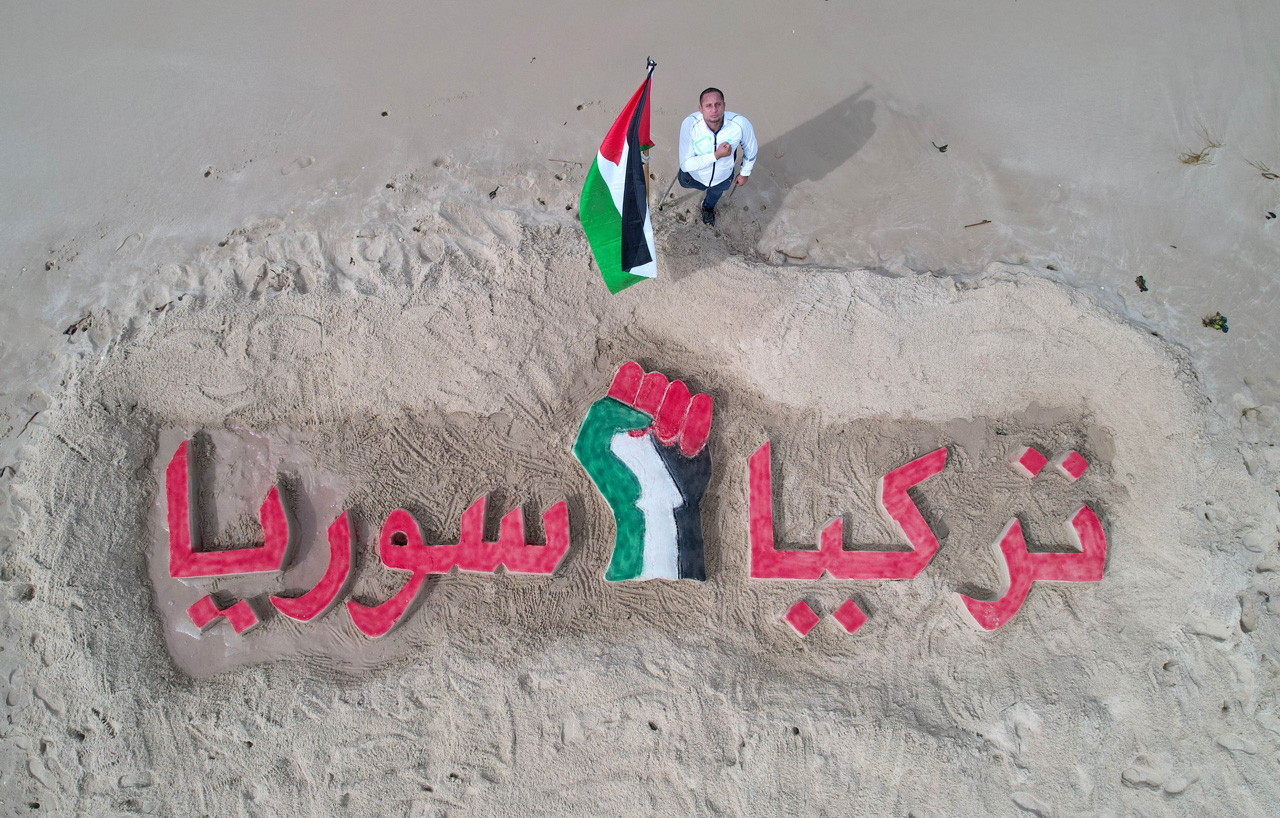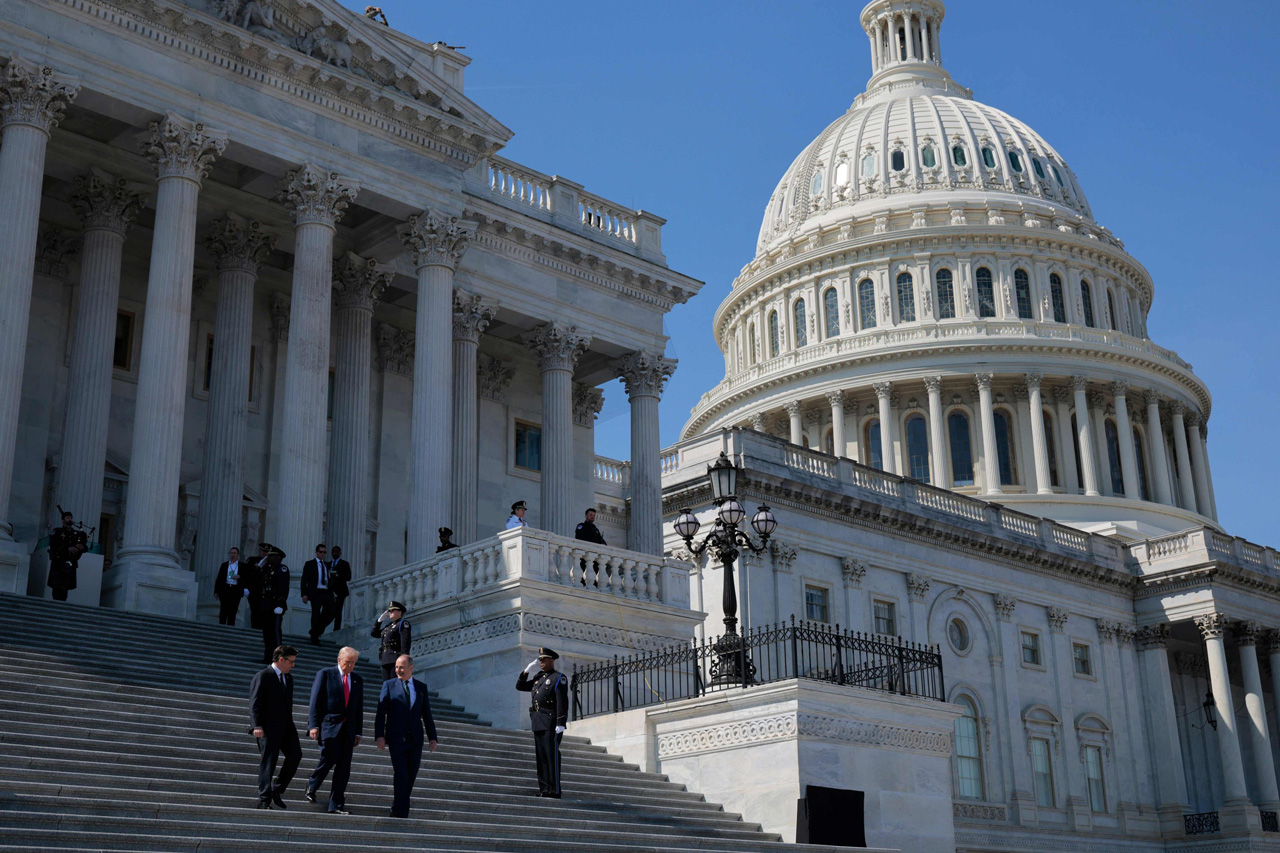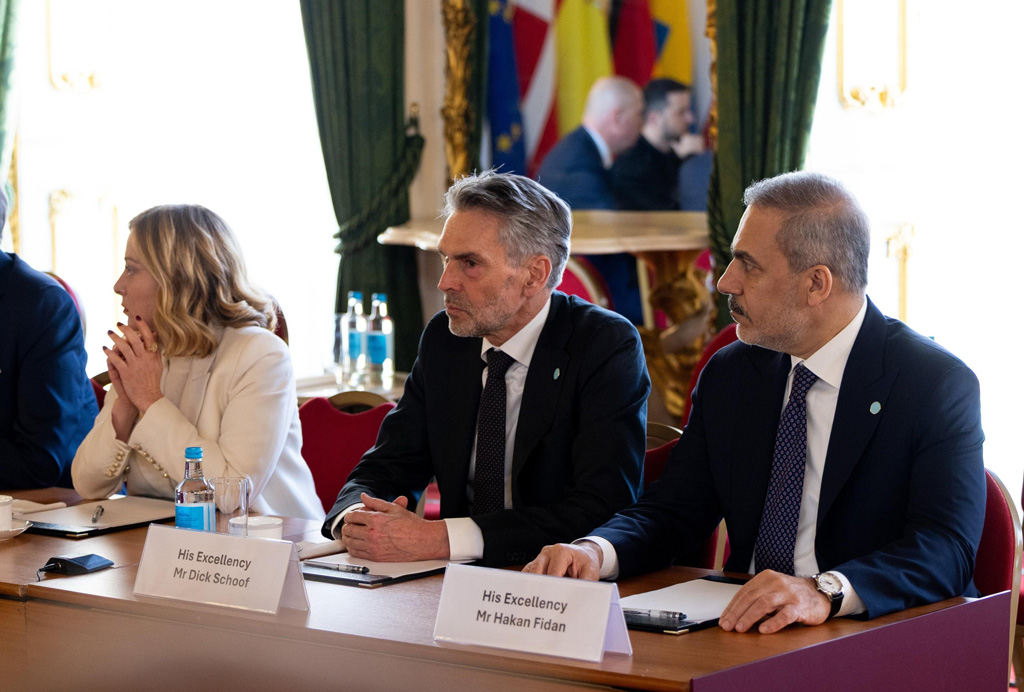Türkiye has been following an active regional policy since the eruption of the Arab insurgencies and revolutions. One of the main principles of Türkiye’s regional policy is the principle of “regional initiatives for regional problems.” Türkiye has been demanding all relevant parties to get involved in the process to solve a regional problem. For this reason, it tries to achieve maximum cooperation with regional actors. Similarly, it wants the influence of global powers to decrease and the influence of regional actors to increase.
In principle, the more regional actors become involved in regional conflicts, the more likely they will solve the problems since regional actors do not favor chaos and instability in their respective regions. On the contrary, the greater the political instability in a regional crisis, the greater the influence of global actors and the greater the likelihood of intervention.
On the one hand, Türkiye, as a strategic actor in the region, prioritizes cooperating with the regional Arab countries rather than with irrelevant global powers. The first priority of Türkiye and that of many other regional actors is regional political stability and economic development. Türkiye is determined to cooperate with other regional countries to achieve these objectives.
On the other hand, the European countries, who have largely lost their capacities and are not strategic subjects anymore, simply follow the footsteps of the United States. They do not have the luxury to act independently in their foreign relations. Neither the European Union nor its large members such as Germany and France follow autonomous foreign policy in the Middle East or in Ukraine. It is obvious that the days of Sykes-Picot are over. Therefore, the U.S. emerges as the sole Western power that can intervene in the domestic affairs of Syria.
After the collapse of the Baath regime in Syria and anti-regime forces taking control of the capital city, many regional and global actors have been trying to take part in the reconstruction process. Recently, two important meetings were held.
The first meeting was organized by the U.S. Secretary of State Anthony Blinken in Rome. Blinken invited his European counterparts for a dinner meeting about the future of Syria. He met with Italian, British, EU, German and French officials to discuss the situation in Syria and ways to shape the state structure.
However, the organizer(s) did not invite the Syrian representatives or related regional actors to the meeting, which is considered defective by most observers. Especially when it comes to the Middle East, if a state or an actor is not invited to the negotiation table, they are part of the menu. In other words, both the Syrian people and regional countries, such as Türkiye and Arab countries will be targeted by Western countries. They will make sure that the political fault lines will continue.
The second meeting was held in Saudi Arabia. Foreign ministers from Arab and Western countries held a large meeting in the Saudi capital, Riyadh, on Jan. 12 in order to discuss the future of Syria. Officials from Türkiye, Syria, Saudi Arabia, the United Arab Emirates (UAE), Qatar, Oman, Kuwait, Bahrain, Iraq, Lebanon, Jordan, Egypt, Britain, Germany, Italy and the U.S. attended the meeting. The participant states emphasized their support for the Syrian people and pledged to provide all possible assistance to ensure security and stability in the country.
The reconstruction of the Syrian state is the first priority of the new administration of post-Assad Syria. Naturally, the territorial integrity and political unity of the country is the main precondition of the reconstruction process. Within this context, Western countries are determined to keep the YPG as a de facto independent political entity to ensure the domestic vulnerability of the Syrian state and the existence of a national threat for Türkiye. However, we know from historical experiences that the West never supported regional separatism to realize universal values but rather to instrumentalize them for their national interests. The Western countries have always sold out the ones they supported on the negotiation table.
All in all, global powers instrumentalize almost every regional conflict for their national security. Therefore, countries increasingly rely on regional forces to solve any regional conflict. The future of the Syrian state largely depends on the will of its people. Therefore, Türkiye must prepare for possible challenges.







